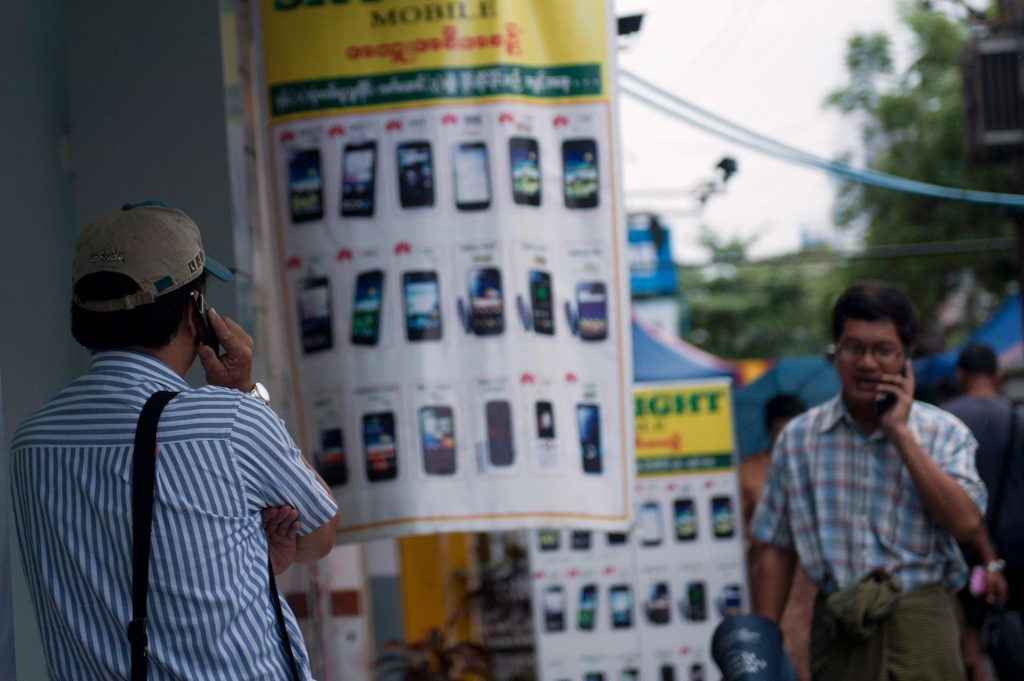The threat spectrum

Planet A
The Australian government says it will appeal a federal court declaration that the environment minister has a duty of care to protect young people from harm associated with the impacts of climate change when approving future coal mines. The court was responding to a class-action suit brought by eight school students seeking to block the Vickery coalmine project in New South Wales.
The court didn’t issue the injunction the teenagers sought to prevent the minister from approving the expansion, but the judge’s statement about duty of care may open future legal avenues to stop new coal projects in Australia and elsewhere. The ruling is consistent with scientific findings that any new fossil-fuel projects will blow out the global carbon budget for keeping global temperature rises to under 2°C.
Legal experts have suggested that the judge’s ruling might also extend to mining companies and banks that facilitate loans to such projects. As the effects of climate change become more acute, many similar cases are likely to be brought in the next five years.
Democracy watch
The assassination of Haiti’s President Jovenel Moïse has swept the Caribbean country into another leadership crisis. Haiti’s ambassador to the United States, Bocchit Edmond, says foreign mercenaries impersonating US Drug Enforcement Administration agents executed Moïse. More than a dozen suspects have been arrested including a Florida-based doctor and 23 Colombians working as guns for hire.
Some of the information released by government officials who took control after Moïse’s death has been greeted with suspicion. Political tensions in Haiti peaked in February when Moïse refused to step down as president. He had ruled by decree for two years and increased his executive powers by establishing a new intelligence agency and limiting his legal accountability. Moïse’s death triggered widespread protests and demonstrations across Haiti, complicating the search for a replacement acceptable to Haitians.
Information operations
ASPI researcher Albert Zhang has identified Chinese-state-linked social media accounts on US-based platforms targeting Chinese diaspora communities with claims that criticism of the Chinese government is anti-Asian racism. The multilingual campaign focuses on the view that Covid-19 was created in a Chinese laboratory.
Twitter activity using the #StopAsianHate hashtag and believed to originate in China started in March after the racially motivated shooting of six Asian-American women in Atlanta. It amplified posts denying the laboratory-leak theory and linking it to an increase in anti-Asian discrimination.
The Chinese Communist Party has stepped up efforts to target diaspora groups and exploit gaps in Western multiculturalism by stoking racial divisions. That has highlighted a need for governments to better support and communicate with diaspora communities and to address systemic racism and reduce communities’ vulnerability to disinformation.
Follow the money
Norwegian telecommunications company Telenor is selling its Myanmar operations, which account for around 30% of the country’s telecommunications market, to Beirut’s M1 Group for US$105 million. Telenor divested because of the ‘increasingly challenging’ operational climate in Myanmar. After February’s military coup, the telecoms industry has been required to spy on citizens and to limit information and internet access. The Norwegian company concluded that these directives made it impossible to continue business without impinging on human rights and privacy.
M1 has previously invested in authoritarian nations’ telecoms sectors, mainly in African countries, and has existing ties with Myanmar’s military. Myanmar’s telecoms market now consists of a Myanmar and Vietnamese military joint venture company, Mytel; Qatar’s Ooredoo; and state-owned Myanmar Posts and Telecommunications.
Nearly a decade of gradual liberalisation in Myanmar’s telecoms sector is being reversed. The reputational risks of supporting the military junta through telecoms operations are likely to keep Western companies from entering the Myanmar market, and to open the way for companies with less rigorous human rights commitments.
Terror byte
Since the rapid withdrawal of US, Australian and other allied forces from Afghanistan began on 1 May, the Taliban have launched a swathe of military offensives against Afghan government forces, doubling the number of districts they control. They’ve made gains across the western province of Herat, including two key border crossings into Iran and Turkmenistan, and in the northern provinces of Takhar, bordering Tajikistan, and Badakhshan, which borders China’s Xinjiang province.
To some observers, the Taliban’s advances are unsurprising and a full Taliban takeover is almost inevitable. US President Joe Biden rejected this, arguing that the Afghan military is better trained and equipped and outnumbers the Taliban. Despite his confidence, Afghan government forces have still struggled to keep the Taliban at bay.
Major questions hang over Afghanistan: Will the withdrawal of their common enemy lead to Taliban infighting and ultimately civil war, will the conflict increase refugee flows and will this create the conditions for a new proxy war in Afghanistan?
